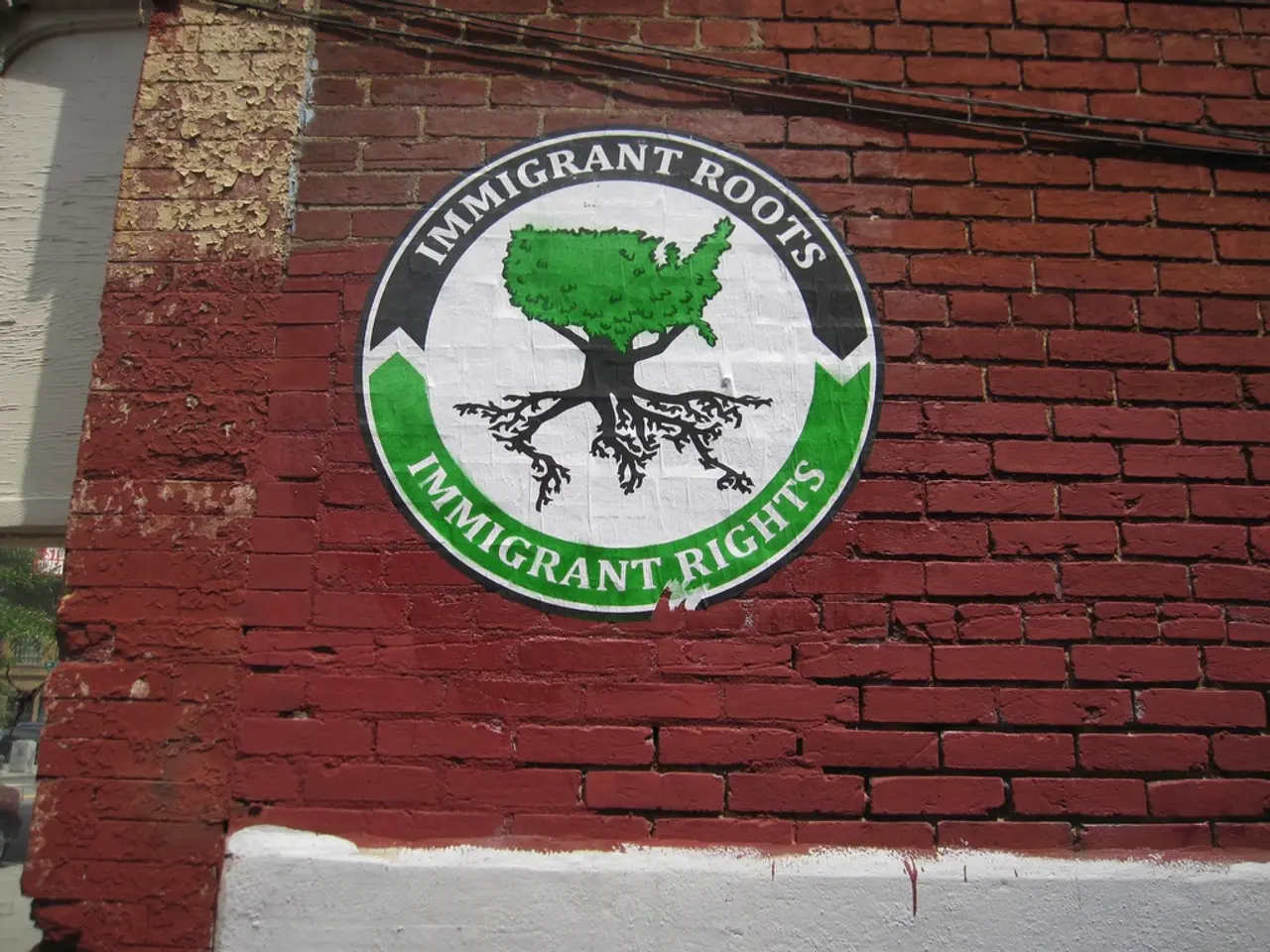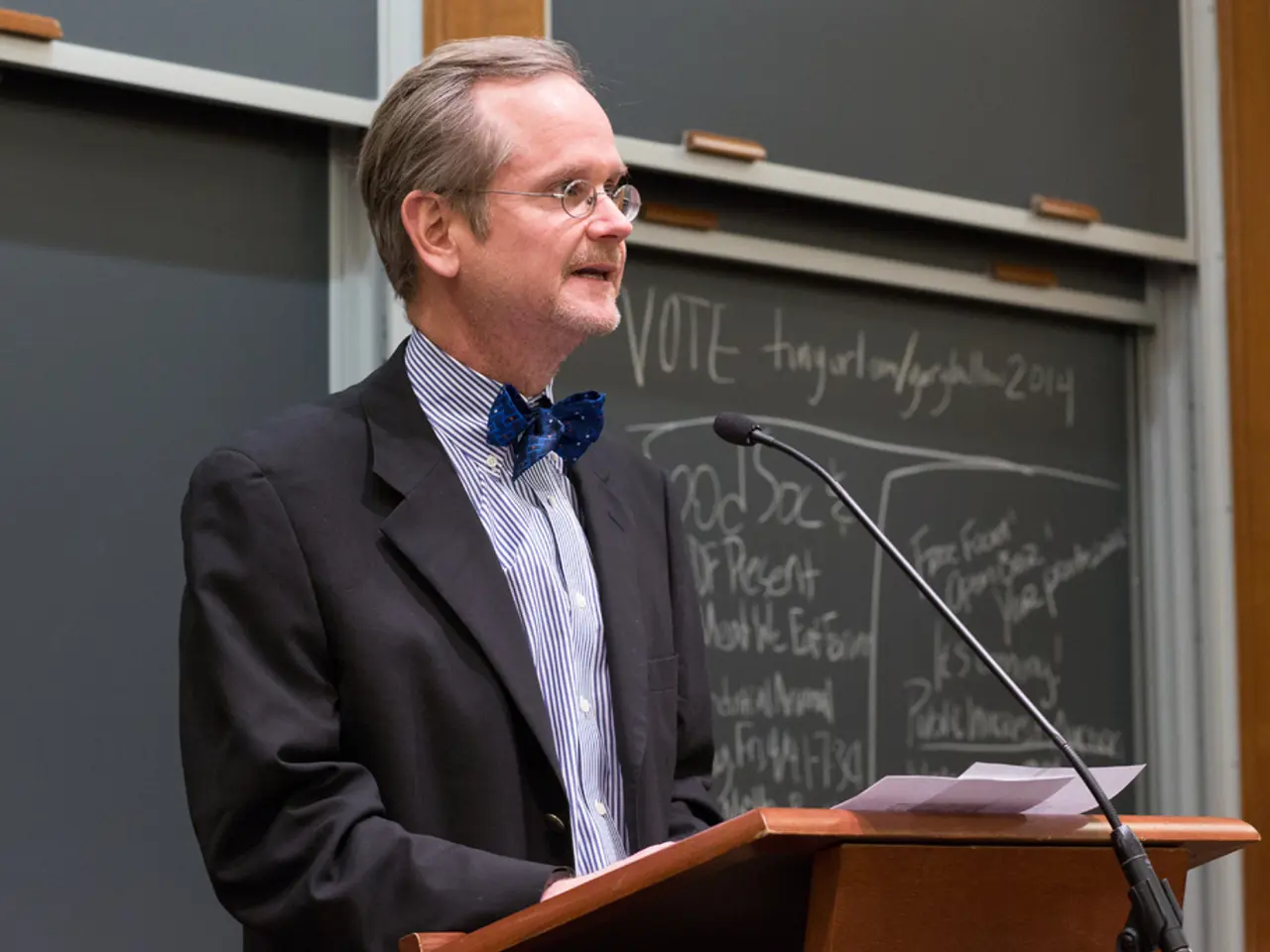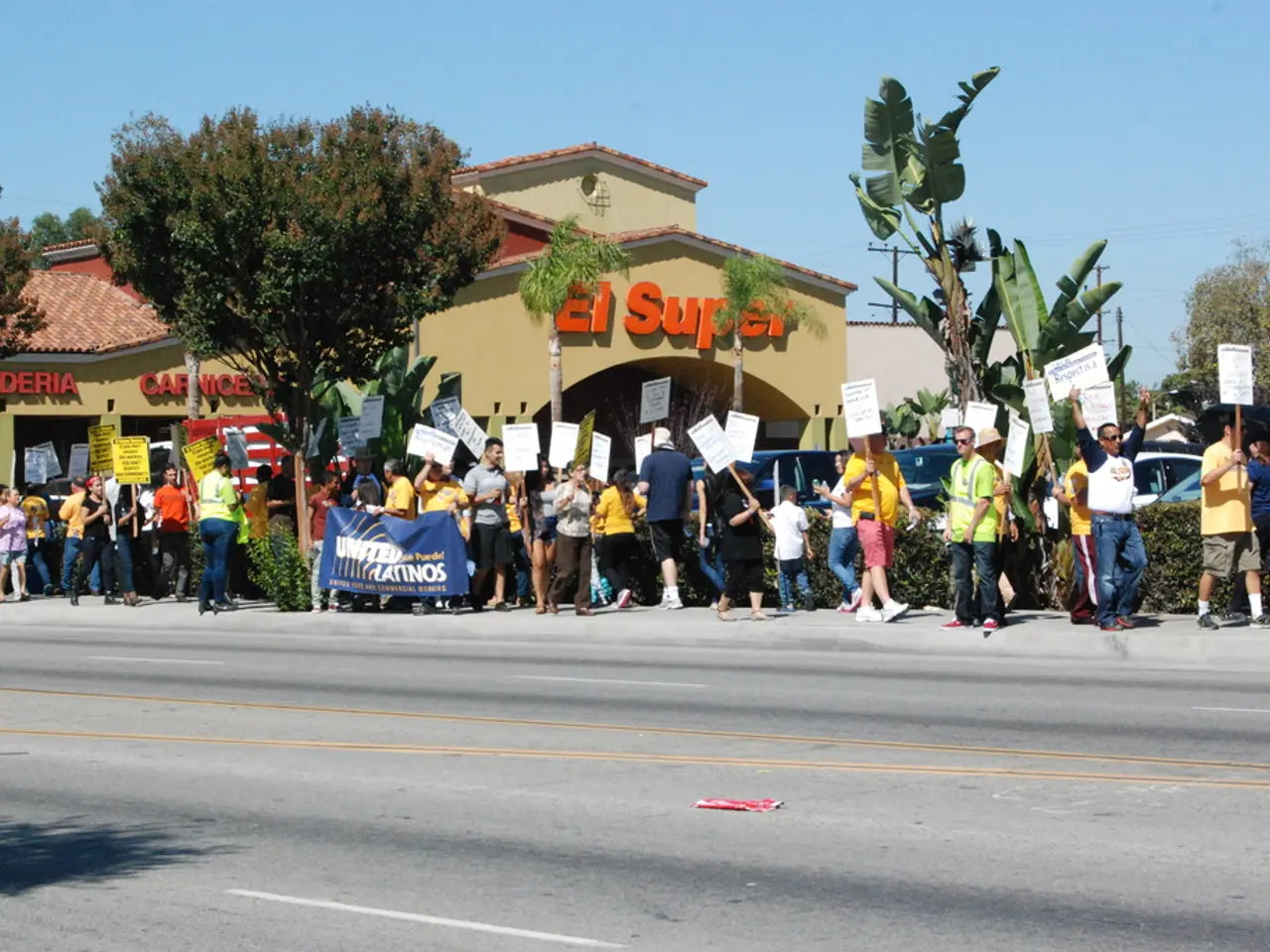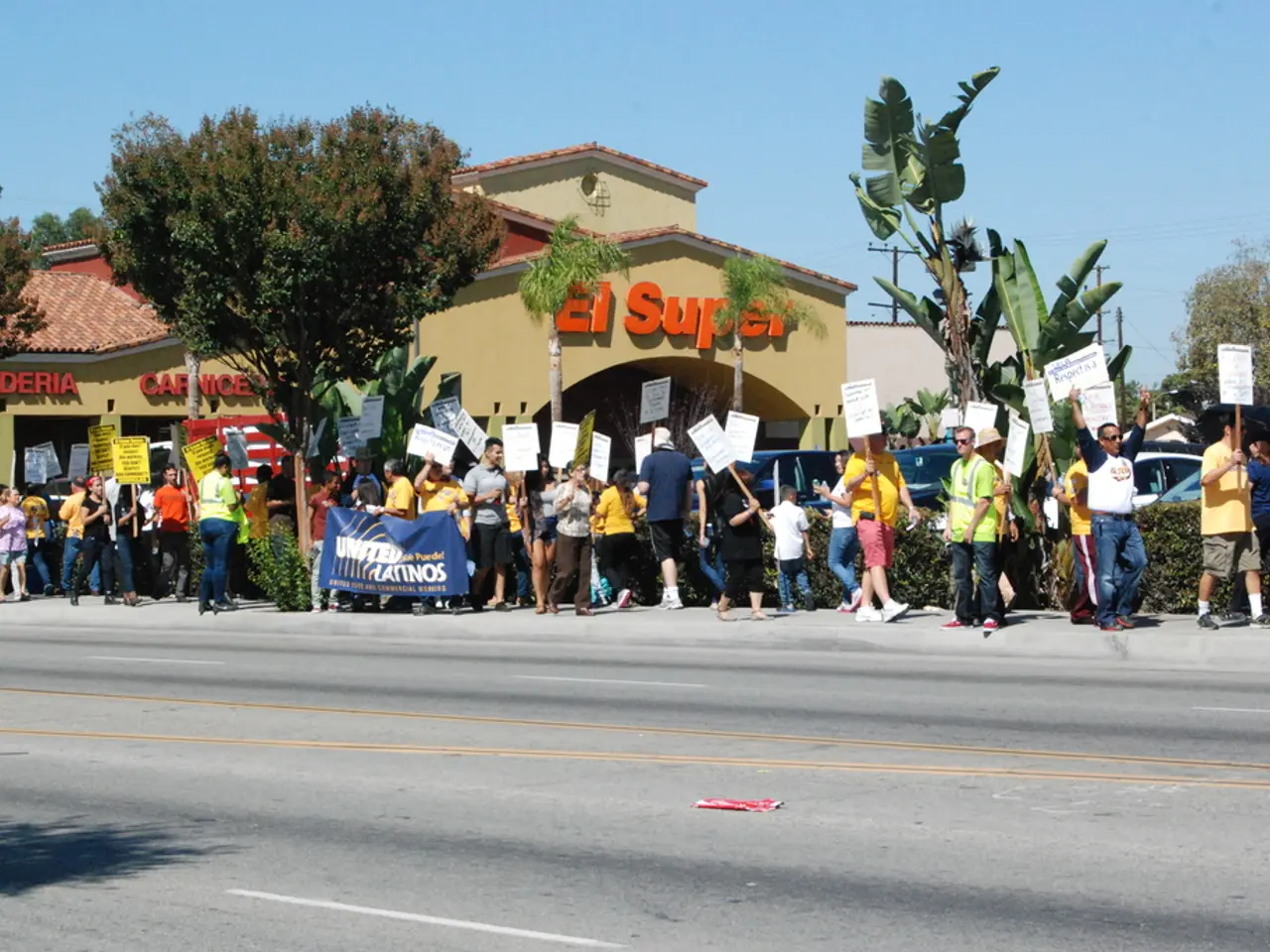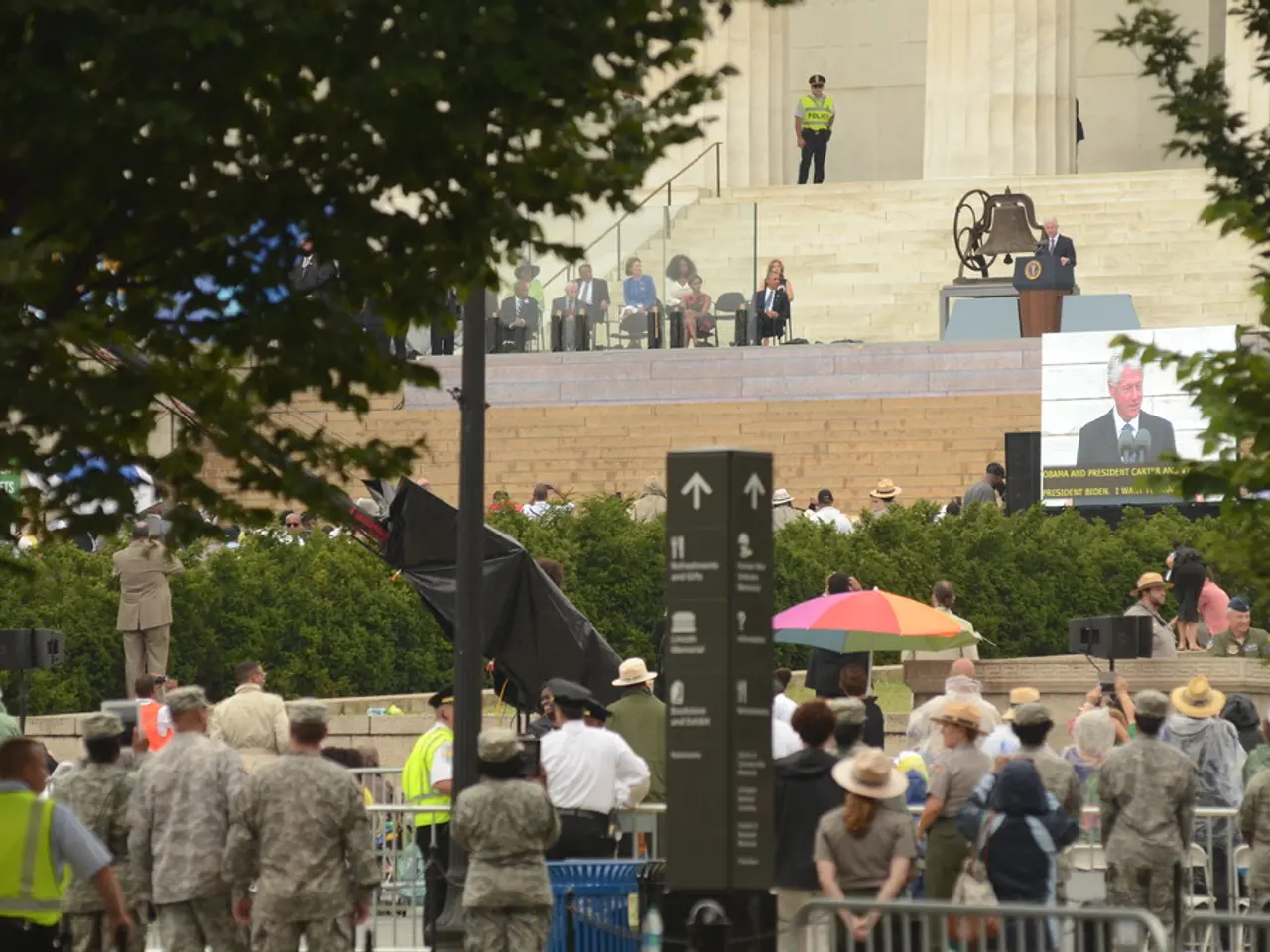Avoiding Consistency in Standards by KMT is a Concern
In recent times, local governments in Taiwan have been contemplating and implementing universal cash handouts using tax surpluses. This trend, while popular among citizens, has sparked legal and political debates concerning budgeting laws and executive-legislative relations.
The Chinese Nationalist Party (KMT) and the Taiwan People's Party recently passed the Special Act for Strengthening Economic, Social, and National Security Resilience, which includes a universal NT$10,000 cash handout. This move aligns with John Yu's commentary, a civil servant in Taipei, who has advocated for KMT leaders to "return the money to the people" and do so "as soon as possible," ideally in the form of direct cash payments.
However, the execution of such acts has not been without controversy. The passage of the act contravenes Article 70 of the Constitution, which stipulates that the legislature cannot make proposals for expenditure increases in a budgetary bill presented by the Cabinet. The Executive Yuan (Taiwan’s Cabinet) has criticized some cash handout legislation as constitutionally and legally flawed, as lawmakers did not consult the executive branch beforehand, violating Article 91 of the Budget Act.
Despite these concerns, some KMT-led local governments have moved forward with distributing excess tax revenue to residents. For instance, Kinmen County issued NT$6,000 in subsidies and stimulus vouchers to residents in 2021. However, the distribution of funds by local governments depends on whether they have the funds and whether leaders and council members are willing to distribute them.
The situation in Taichung, under the leadership of Mayor Lu Shiow-yen, has been particularly contentious. Prior to the recall vote, Lu sent out text messages urging voters to vote against the recall, stating that they would lose out on the NT$10,000 cash handout, among other benefits. After the recall vote, online messages spread that the Taichung City Government has a tax revenue surplus of NT$12 billion, prompting calls for a similar universal cash handout.
However, Lu has since threatened legal action against those calling for a similar measure. This has led to accusations of double standards and questions about free speech, with online commentators suggesting that it may indicate a lack of free speech or even martial law in Taichung.
John Yu's commentary, devoid of advertisements, serves as a call for KMT leaders to follow through on their own words and distribute excess tax revenue to residents, in line with the spirit of the Legislative Yuan's decision. As the debate continues, the balance between fiscal responsibility and direct citizen support remains a pressing issue in Taiwan's political landscape.
[1] News Source 1 [2] News Source 2 [3] News Source 3 [4] News Source 4 [5] News Source 5
The legislative act passed by the Chinese Nationalist Party (KMT) and the Taiwan People's Party, known as the Special Act for Strengthening Economic, Social, and National Security Resilience, includes a universal cash handout, aligning with advocacy from civil servant John Yu. Amidst debates about budgetary laws and executive-legislative relations, conflicts have arisen over the constitutional validity of cash handout legislations, such as in Taichung, where Mayor Lu Shiow-yen's threats of legal action against those demanding a similar measure have raised concerns about free speech in politics. With the balance between fiscal responsibility and direct citizen support being a prominent issue in Taiwan's policy-and-legislation landscape, the ongoing debates offer insights into the politics of cash handouts in general-news.
